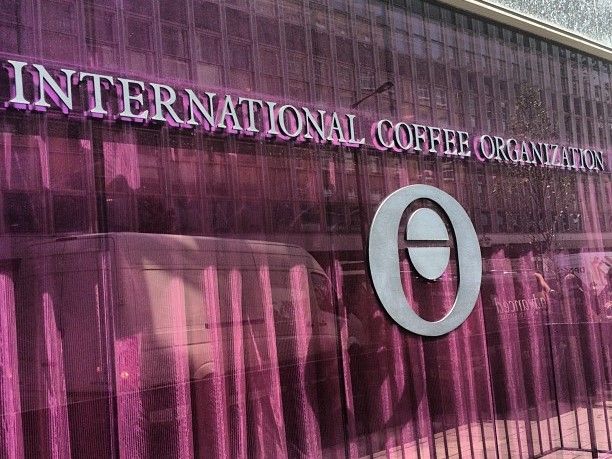The International Coffee Organisation (ICO) has said Uganda can only negotiate for better terms if it is still a member of the International Coffee Agreement 2007.
It also accuses Uganda under Uganda Coffee Development Authority (UCDA) of snubbing requests for meetings to discuss their withdrawal from the global body.
UCDA has justified its withdrawal from ICO, saying that Uganda needs unconditional market access that allows for the export of value-added coffee, not only green coffee.
It also stated that the importing countries impose escalating tariffs and restrictions on imports of value-added coffee, citing countries including Germany, Belgium and Denmark.
But in a statement issued on Tuesday, February 22, 2022, ICO said it has never received any proposals for change in any of its forums from Uganda and that Kampala officials have turned down proposals for meetings to discuss the same.
“Ugandan authorities had abundant opportunities but decided not to address these issues within the established negotiation and decision-making mechanisms of the ICA 2007 and the ICO,” the statement reads in part.
Among the conditions submitted to ICO by UCDA are; giving Uganda a chance to add value to its coffee before it is exported and reducing exorbitant taxes on Ugandan coffee.
The others are ICO to fight price fluctuations in the coffee business, a transparent pricing mechanism, having Ugandan coffee classified based on the country of origin and ICO desisting from being private sector-led and instead serving the countries for which it was established.
But ICO also says whereas the Uganda Coffee Development Authority expresses concern about various aspects of the International Coffee Agreement and its renegotiation, “three of the seven concerns raised by Uganda have no actual linkage with the Agreement itself.”
“…. UCDA nor Ugandan authorities have never addressed them within ICO Sessions of the Council or in any other meetings of its subsidiary bodies, such as the Statistical Committee. With regard to the other four concerns, the ICO has never received any proposals for change in any of its forums from Uganda.”
It also accused the UCDA officials of not availing themselves to discuss their concerns.
“Since receiving the notification from the UCDA, the ICO and the Chair of the International Coffee Council (ICC) have made several attempts to engage with Ugandan authorities, including President Museveni, without any response or receiving the reason for the decision of the UCDA,” ICO said.
According to ICO, In March 2019, the ICC, the highest decision-making body in the Organization, established a Working Group on the Future of the International Coffee Agreement (WGFA) to update and reform the current Agreement.
“Participation in the WGFA is open to all ICO Members. Nevertheless, Ugandan representatives have not been actively participating in this process and have never submitted any proposal for change based on their vision and interest, nor on the issues raised in the UCDA statement of 9 February,” it said.
“The reform process of the International Coffee Agreement is progressing successfully and the new ICA is expected to become even more relevant in supporting the sustainable development of the coffee sector in line with the United Nations Sustainable Development Goals, including the integration of the private sector,” it added.
Nevertheless, ICO said the order is still open for Uganda to return to the global coffee body.
“All ICO Members, as indicated on different occasions, would have welcomed the contributions of Uganda to the WGFA, however, as an old African proverb says ‘You cannot claim your share of the meal while you are not at the dinner table.’ The doors of the ICO will always be open if and when Uganda decides to rejoin the International Coffee Agreement and the ICO.”
This comes as Ugandan coffee farmers express concern that the country’s coffee could be barred from international markets such as Europe due to the decision by Uganda Coffee Development Authority (UCDA) to withdraw from the International Coffee Organization (ICO).
But the chairman of the UCDA Board of Directors, Charles Francis Mugoya, says ICO has made sure that poorer producing countries like Uganda do not export processed coffee, which would otherwise greatly increase the earnings for the country and the farmers.
According to Mugoya, this is done by the high tariffs that ICO members set on Uganda’s exports, yet the importing countries do not pay any taxes when processing Uganda’s coffee and re-exporting it.
This makes any attempt by Uganda to export processed coffee to ICO very noncompetitive.
Coffee exports from Uganda for 2021 grew to 6.7 million bags valued at $718 million, the highest in more than three decades.It is hoped that this year, export volumes will grow to more than 8 million bags, assuming that the exit from ICO will have no effect on the exports.








